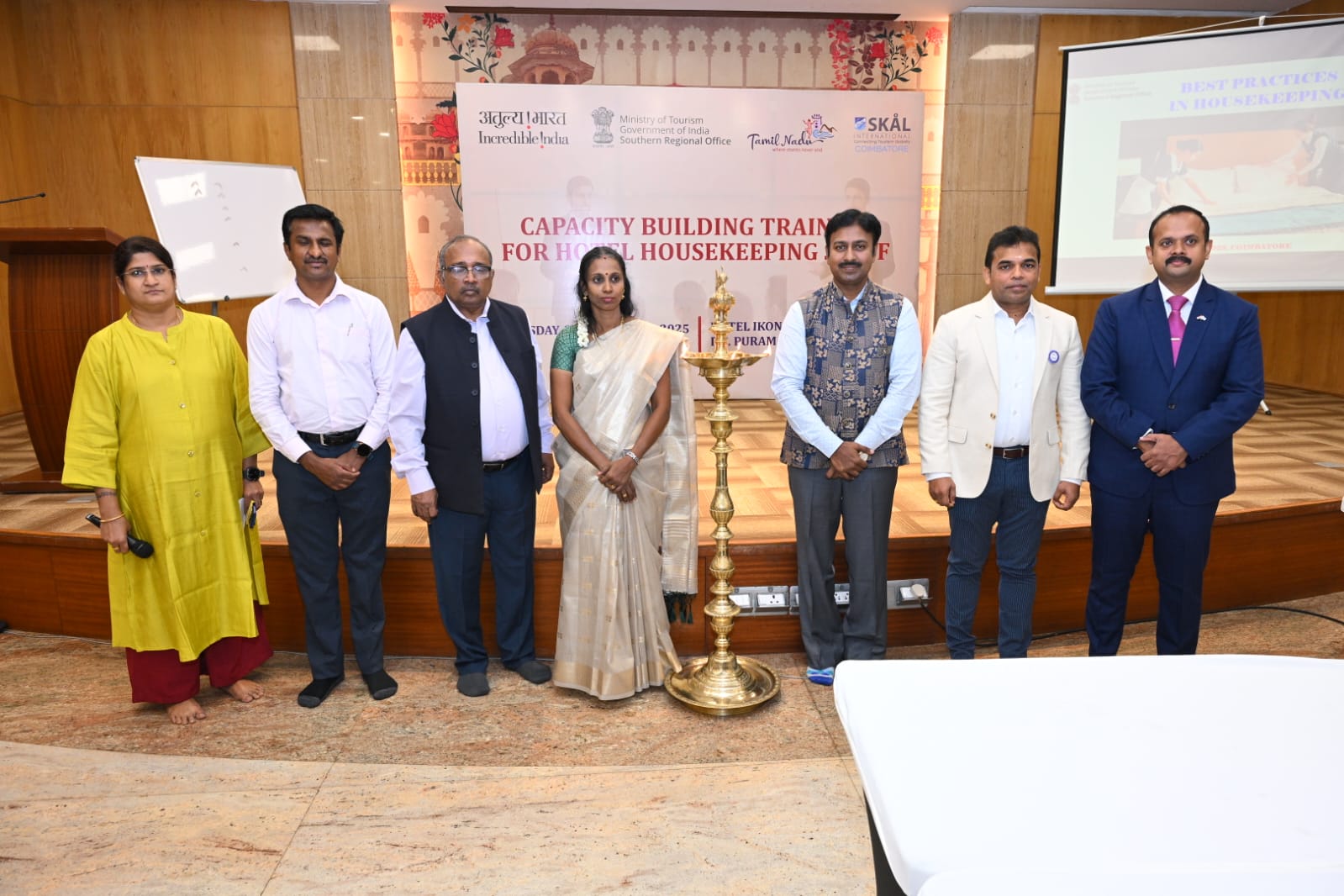The most promising premise of a new India is that every one of its people has a chance at prosperity. The essence of the Indian dream is that it gives each Indian the opportunity to manifest his grandiose vision into a living, breathing reality. India’s truth, however, is quite different.
In an epoch of change and growth, India does not reward its entrepreneurs for their audacity; it does not allow them the flexibility to make their own decisions and snatched away the potential for tremendous long-term upside due to a prospective momentary loss. India’s financial institutions, supposed to be the facilitators of a dynamic developing economy, are woefully inept at differentiating between a genuine business disaster, and purposed defalcation.
As we saw in the recent suicide of CCD’s VG Sidhartha, the business environment here is too suffocating for an ambitious man to thrive in. It makes it difficult to obtain credit when needed, and credit has been the backbone of every great company that has emerged over the last decade. The rigidity of the Indian money markets renders them debilitated to meet the needs of such a rapidly evolving economy. And this issue is prevalent on a systemic scale. It pervades the air of small and medium business and can be a detriment to the progress it was designed to enhance. To stop this disaster before it becomes a calamity, it is of paramount importance to control the rancour before it reverberates through the entire mechanism. But to do that, we must understand how dire the situation truly is, and empathise with those who suffer at the hands of these devastating deficiencies. We must walk in their shoes, see with their eyes and think with their minds to appreciate the gravity of the situation and to be able to dissipate this crisis lest it burn everything India once stood for.
Out of 190 countries, the World Bank, in its annual Ease of Doing Business Index, ranks India at a dismal 77th place. Singapore is 2nd, Hong Kong is 4th, Kazakhstan is 28th, and even communist China is significantly better, coming at a 46th rank. While governments preach about the ‘Control Raj’ as a relic of a bygone time, the situation is still dreadful, and in an emerging economy, where business is the most veritable driver of development, this suffocates innovation, stifles growth and threatens the foundation for a progressive economy. Unnecessary licensing, needless bureaucratic layers and an ancient system of governance are impeding any positive change that might be taking place.
For all of the government’s talks about economic growth and making India a superpower in the coming years, India’s GDP Per Capita PPP is a paltry $7060. For measure, USA, the country which we would have to overtake to achieve a globally dominant position, has a GDP Per Capita PPP of $59531. There needs to be change, and it needs to be from the top-down. Very sphere of the business environment is begging for transformation, and it is India’s responsibility to listen to its pleas.
The article has been written by Achint Singh, the views expressed in the article are his own.









